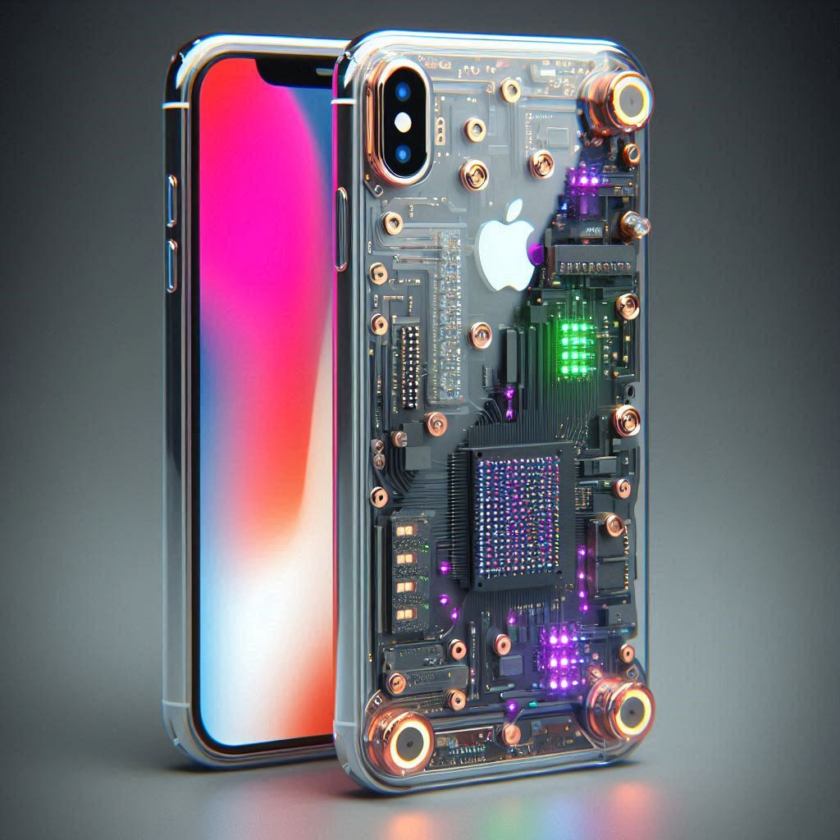Android and iOS devices dominate the mobile phone market these days. This also makes them the biggest target of cybercriminals, as someone’s phone holds way more personal data than any other electronic device.
Falling victim to a phone hack is a nightmare, and it can be even more harmful when it’s a business phone. The worst case of phone hacking is the threat actor gaining access to online accounts, such as a person’s business network, social media, email, shopping accounts or—even worse—financial information.
In this article, I’ll cover Android and iOS hacks, how to detect them, how to recover from them and how to prevent them from happening in the future.

Types Of Smartphone Hacks
Cybercriminals can get access to a smartphone in many ways. Some of the methods are briefly described here:
Malware: Cybercriminals sometimes upload fake apps on the play store or modified apps on the internet that users might have a genuine interest in, such as a VPN app or free versions of paid apps. These fake apps are usually rigged with malware that can give your phone access to a hacker. Other techniques hackers use to spread malware include phishing emails, nonsecure Wi-Fi and voicemail phishing.
SMishing: SMS phishing or SMishing is a trick hackers use to get people to download malware-embedded software. Hackers send text messages with links containing lucrative offers, tempting them to click on them and infecting their devices.
Social Engineering: This is one of the easiest ways for a hacker to get access to someone’s phone. Android and iOS operating systems have a lot of built-in features that stop hackers from gaining access to a device. However, some hackers manage to fool people into lowering their security measures to run their apps, which inadvertently compromises their device’s security.
Pretexting: Sometimes, attackers don’t even try to attack devices directly but gain access through their service providers.
Man-In-The-Middle Wi-Fi Attacks: Many people fall victim to man-in-the-middle Wi-Fi attacks quite easily. Public Wi-Fi networks are usually inadequately secured. Cybercriminals take advantage of it, intercepting the connection and infiltrating people’s phones.

Detecting Hacks On Your Android And IOS Devices
If your phone gets hacked, it’ll show some symptoms. You can use these symptoms to detect if a smartphone has been hacked:
Poor Battery Performance: If you notice your battery inexplicably draining faster than usual, then your phone might be experiencing a hack.
Random App Installs: If you notice an app you didn’t install on your smartphone yourself, you might be experiencing a hack attack. Malicious sites and apps can sometimes install a program on your phone and send data to third parties.
Inexplicably High Data Usage: Most people don’t pay attention to their daily data usage, but if you do notice very high usage, your smartphone could be under a hack attack.
Weird Pop-Up Ads: Anyone who’s been on the internet for quite some time has experienced pop-up ads. However, if your phone keeps showing random or inappropriate pop-up ads, it could be under attack.
Apps Or Phone Crashing Randomly: Sometimes, phones start acting weirdly, such as opening apps randomly, crashing the app for no reason or the phone shutting down altogether. These are telltale signs of a phone getting hacked.
Recovering Your Smartphone
If you suspect that your Android or iOS device has been hacked, there are a few ways to recover your smartphone and data:

Get rid of unrecognized apps: You can start by booting your phone in safe mode and getting rid of all the unrecognized apps on your phone, as there’s a high possibility that those apps contain malware, causing your phone to behave unnaturally. Entering safe mode prevents third-party apps from running in the background, making it easier to remove them.
Scan your phone with a mobile antivirus program: A mobile antivirus program will scan your phone for malicious files and remove them permanently.
Unroot/Unjailbreak Your Smartphone: If your smartphone is rooted (Android devices) or jailbroken (iOS devices), hackers can easily bypass the security measures of your phone. So, if your phone is rooted/jailbroken, you should undo it immediately.
Contact your carrier: If you’ve noticed suspicious phone calls, texts or inexplicable bills from your cell carrier, you could be experiencing a SIM hack. Contact your carrier and inform them.
Contact digital forensics experts: If you’re not sure about recovering your smartphone after getting hacked, consult a digital forensics expert.
How To Prevent Smartphone Hacks
Smartphones have some built-in security features that provide some level of security. However, they’re not nearly enough. Taking some key steps to protect your smartphone can go a long way. Here are some tips to help protect your smartphone from hacks:
Be careful about downloading apps: Only download from official sources like Google Play or the App Store. Always double-check before downloading any app.
Understand app permissions: Always check what kind of permissions you’re giving to an app. There’s no reason for a calculator app to have access to your camera or contacts. Be mindful of these things.
Don’t click on random links: Hackers try to infect devices via strange links, emails or email attachments. Be careful about opening any of these without being 100% sure. If you ever get an email with an unexpected attachment, verify if the email was sent from the correct person.
Don’t share personal information: Be careful about sharing personal information online or over the phone.
Avoid using public Wi-Fi: Using public Wi-Fi is often the leading cause of smartphone hacks for their lack of security features. If you have to use public Wi-Fi, particularly on a work phone, make sure to use a VPN to secure your connection.
Keep your apps up to date: Even trusted apps can have vulnerabilities, but app updates often patch them. Always update your apps to protect your smartphone from hacks.
Final Thoughts
Getting your smartphone hacked can lead to terrible consequences. However, like every other cybersecurity practice, simple mindfulness and common sense can help you prevent hacks on Android and iOS devices.



